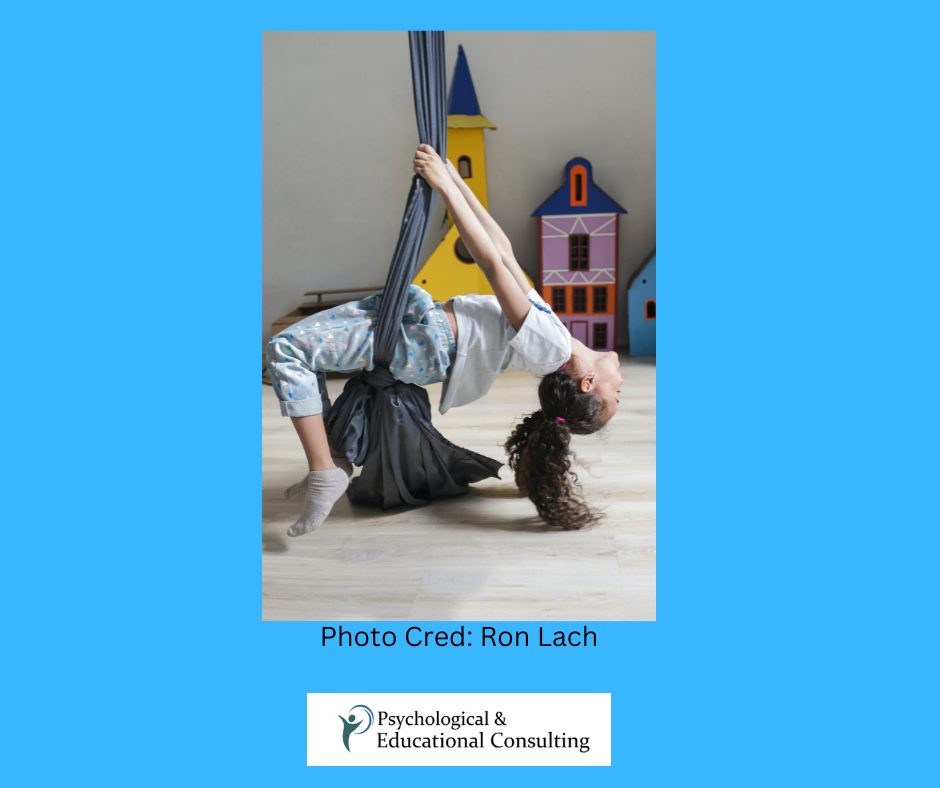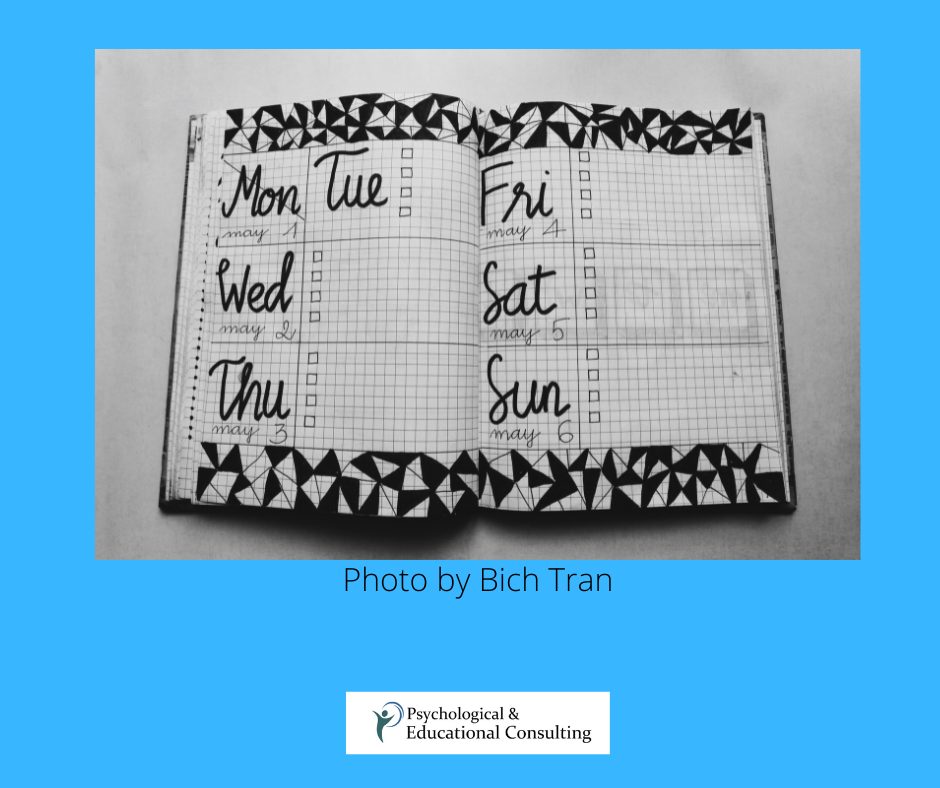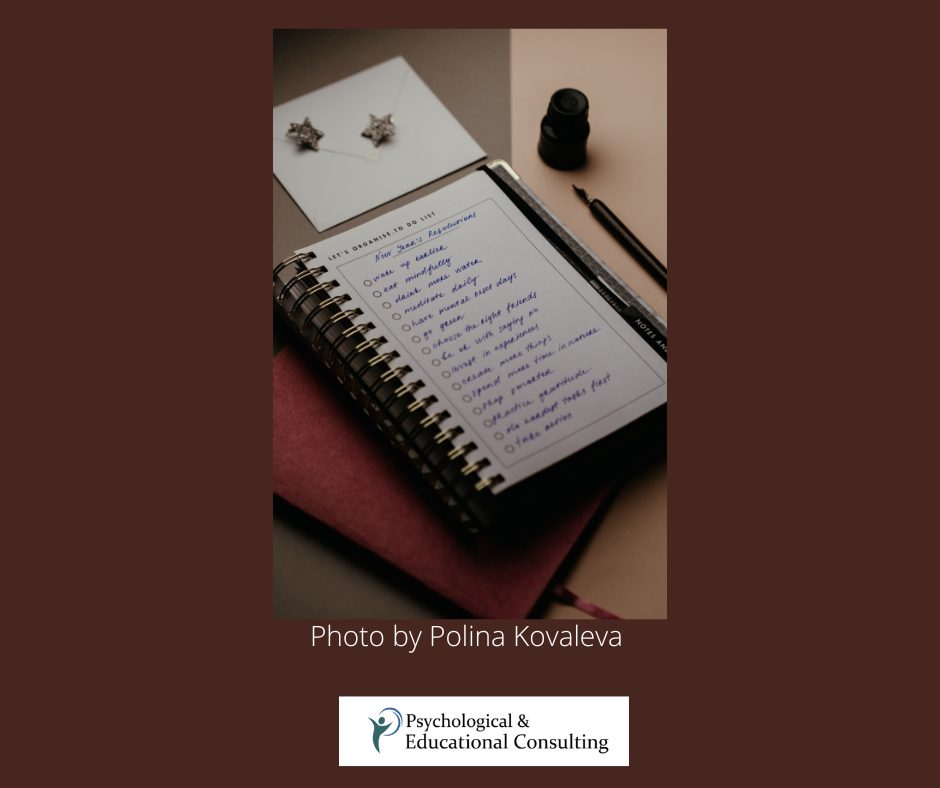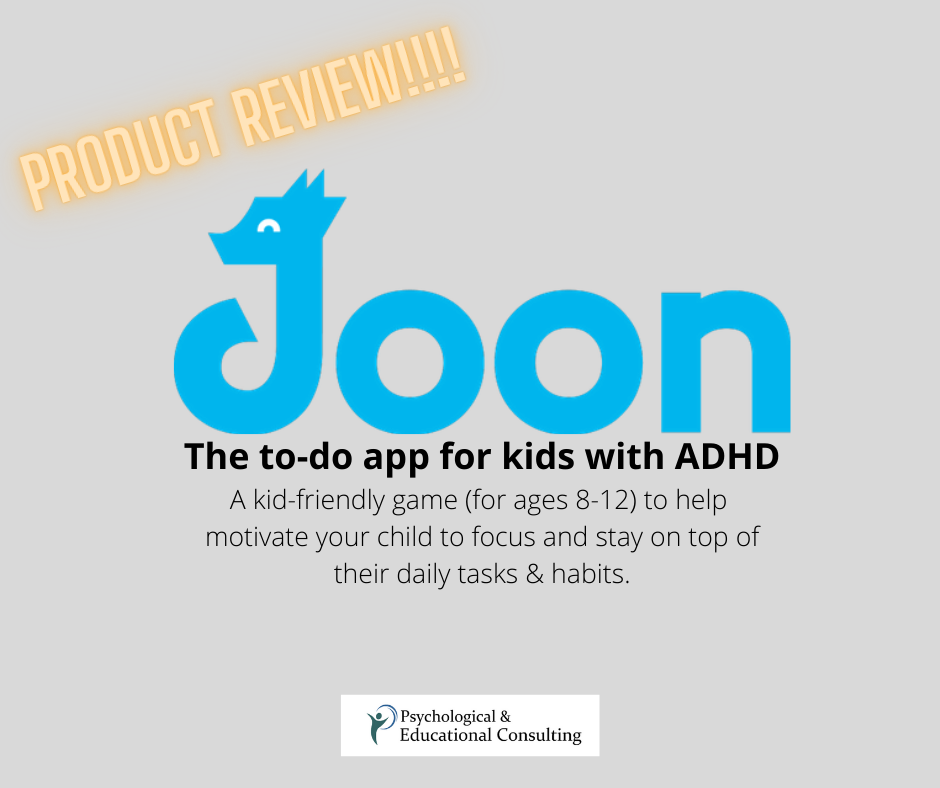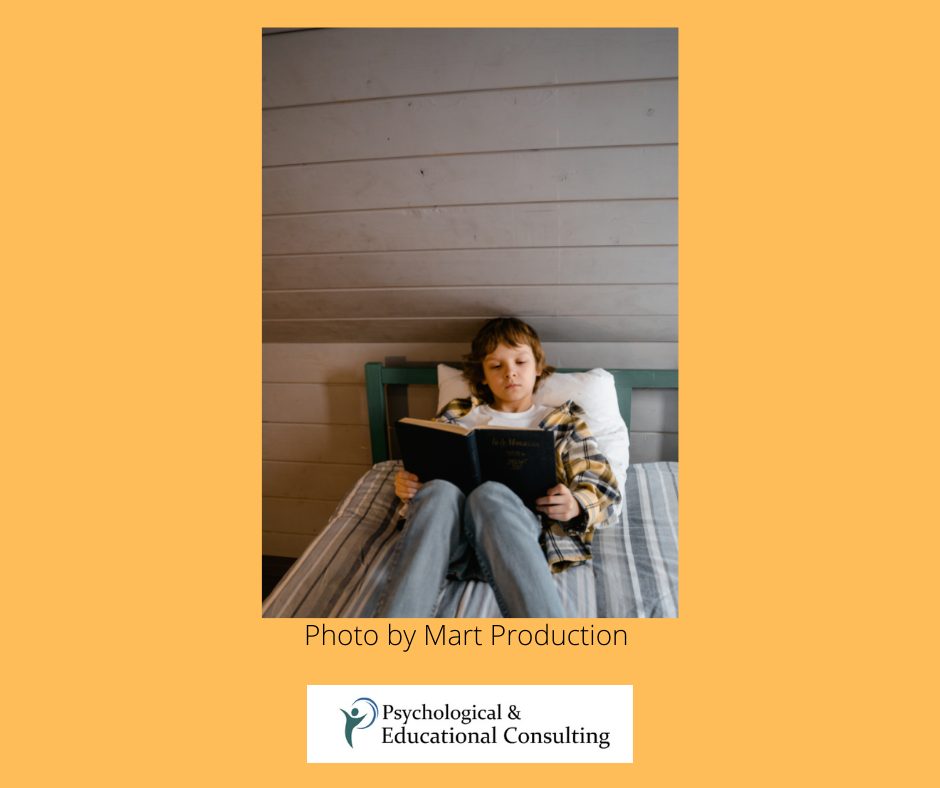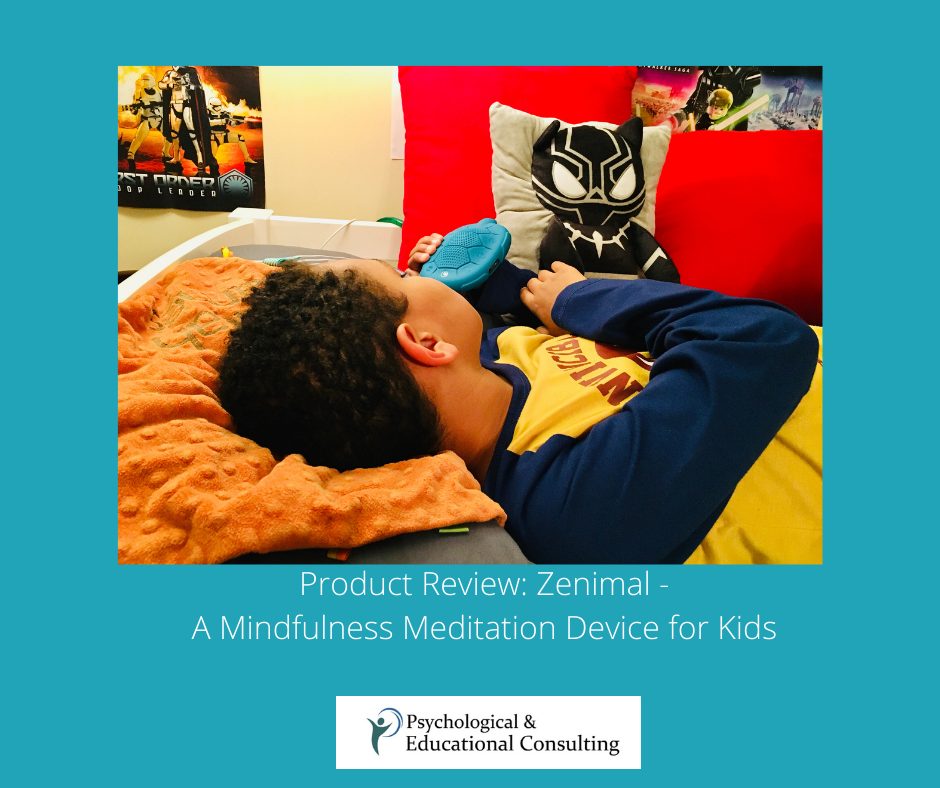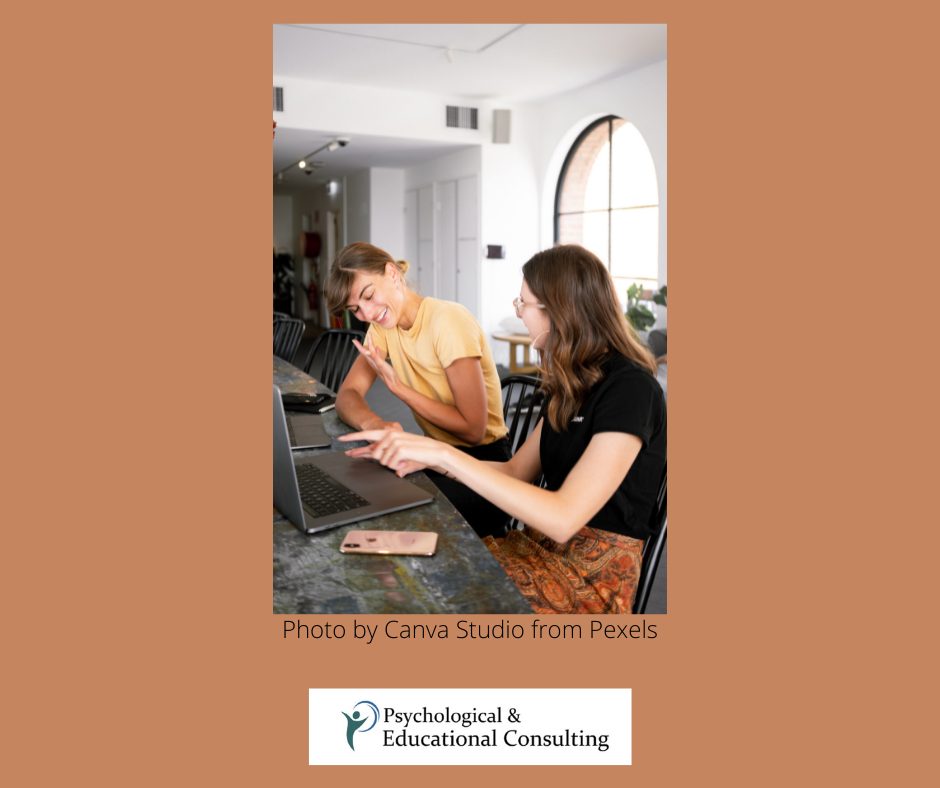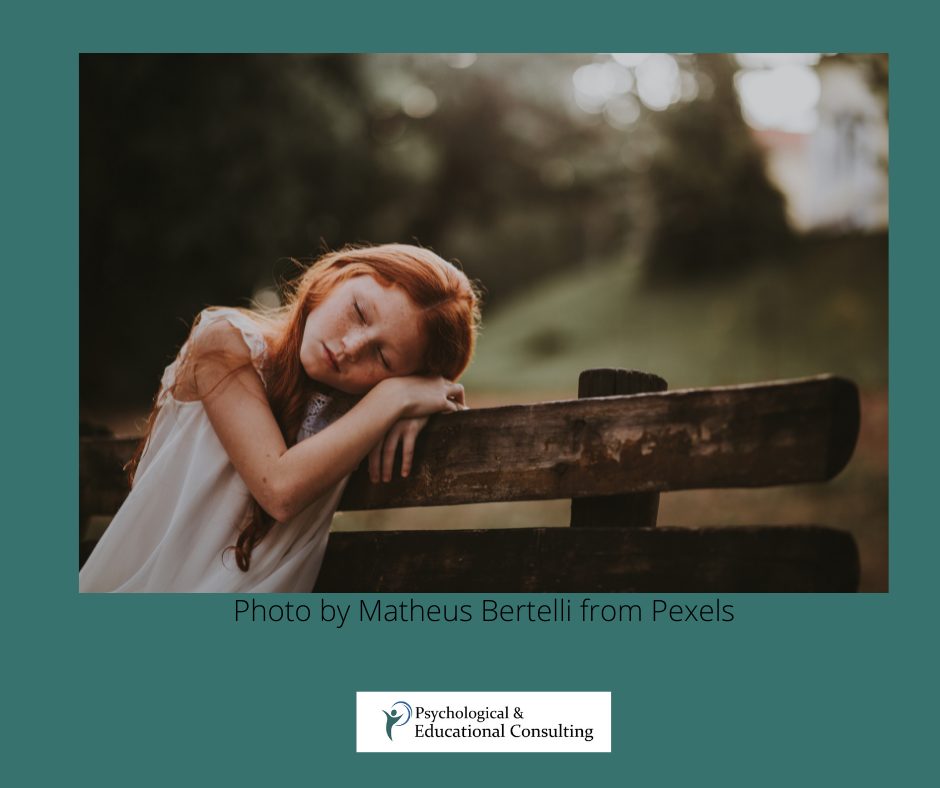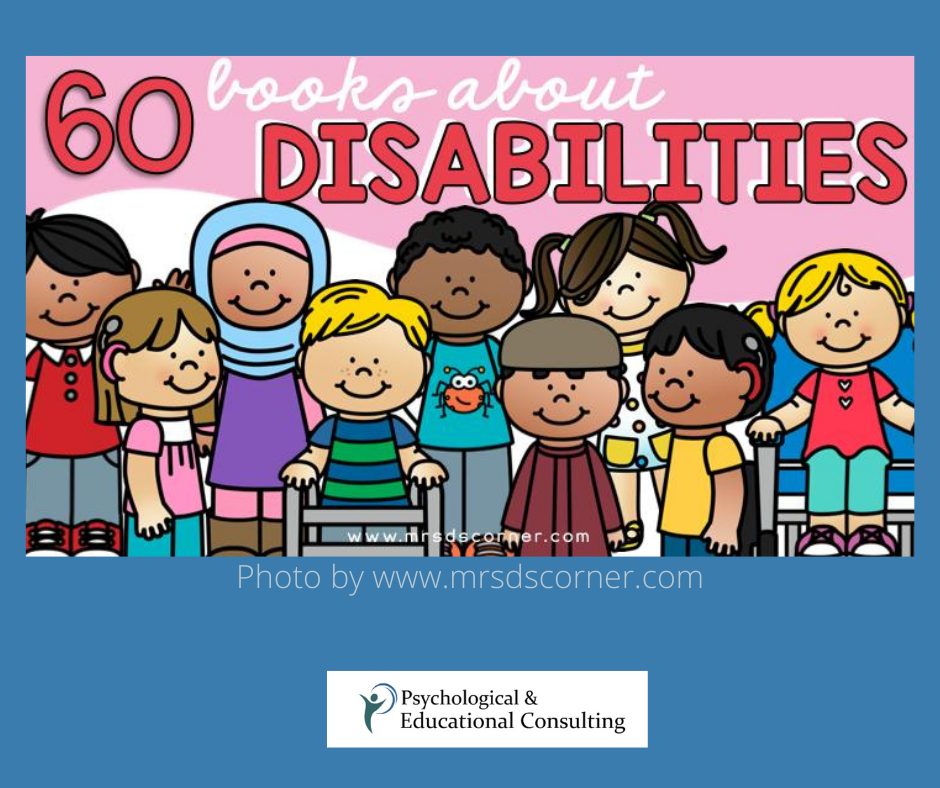How to Engineer Better Environments for a Child with Sensory Processing Disorder and ADHD
written by ,
All children thrive in environments engineered for their specific needs. This principle applies especially to children with attention deficit hyperactivity disorder (ADHD), and even more so when it is accompanied by sensory processing disorder (SPD), a neurological condition characterized by challenges with stimuli and the senses.
What are the Signs of Sensory Processing Disorder?
A child with SPD has trouble interpreting and managing sensations delivered by the environment and his or her own body. Different children experience SPD in different ways — some may be easily overwhelmed by sensations while others are under-responsive to them; some may experience sensory discrimination and perception problems while others have sensory-motor challenges.
ADHD and SPD influence one another in no small way. A bothersome tag in a child’s shirt, or the classroom lighting, could contribute significantly to inattention and difficulties with concentration. A food sensitivity or a vision problem could heighten a child’s impulsivity.

